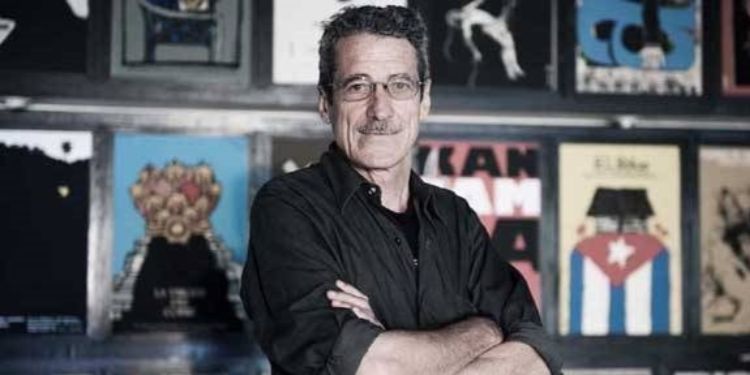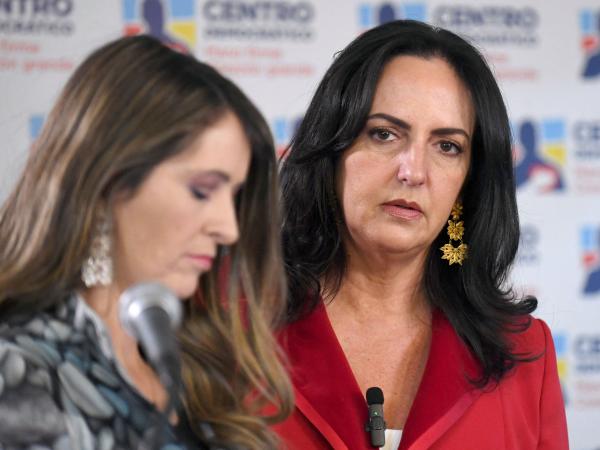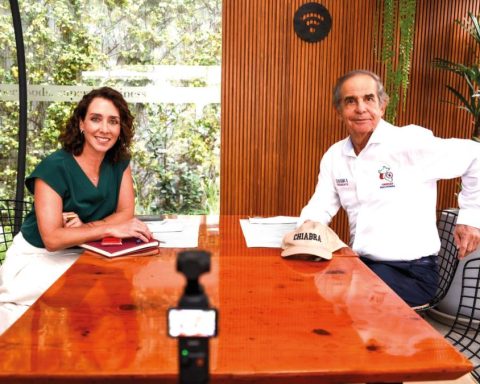MIAMI, United States. – This November 19 is the 78th birthday of Fernando Pérez, considered the most important living Cuban filmmaker. CubaNet He reviews six essential films from his filmography and invites you to see them.
Clandestines (1987): It recounts the life of a group of young people who fought against the tyranny of Fulgencio Batista in the 1950s. Ernesto (Luis Alberto García), imprisoned for his political activities, is visited by Nereida (Isabel Santos), a young woman unknown to whom mistrust Once released, they meet again when the young woman joins the clandestine group he leads. A love arises between them, parallel to the armed struggle that will condition their lives.
Madagascar (1995): This film marked the change in the directing style of Fernando Pérez towards a greater lyrical use of cinema, somehow to get out of the realistic sense of the documentary that can be seen in his first works. The film tells of the deterioration of the relationship between a mother and her daughter during the euphemistically called Special Period.
Havana Suite (2003): It ranks number one in the “Documentary” category of the ICAIC list of the best Cuban films made after the founding of this institution.
Within the multiplicity of faces and places, the stories of anonymous characters intertwine in the course of day and night. Several highly peculiar beings alternate on the living fabric of the city, and each one of them represents the curious diversity of social groups that move in Havana. There are no professional actors in the film. The real characters interpret their real lives on screen. A young dancer, an old peanut seller, a boy with Down syndrome and his surroundings, a doctor who fires his brother and dreams of being an actor…
José Martí: the eye of the canary (2010): It is inspired by the childhood and adolescence of José Martí, in the period of his life that covers from nine to 17 years of age. The film seeks to delve the viewer into the daily complexity that forged the personality and character of Martí during his childhood and adolescence. The fiction of the film narrates the life of a Martí surrounded by family problems, economic vicissitudes, conflicts and misunderstandings. It also reflects the character’s first contacts with the political world and with nature.
The wall of words (2014): Since childhood, Luis (Jorge Perugorría) has suffered from dystonia and cannot communicate through body language or words. Between the medical institution and the family, his inner life is an insurmountable wall. More than a film about disability, “The wall of words” tries to reflect on the difficult exercise of human communication, pain and the limits of sacrifice.
Unsubmissive (2018): Co-directed by Laura Cazador. It tells the story of Enrique Faber, a transmasculine doctor who settles in Baracoa at the beginning of the 19th century. In that city in eastern Cuba, he gradually understands the complex and contradictory Cuban society and marries Juana León. Three years after their marriage, his identity is revealed: Enrique had been born as a woman. Sent to jail, Enrique then faces the most scandalous trial in Cuban colonial history.
Receive information from CubaNet on your cell phone through WhatsApp. Send us a message with the word “CUBA” on the phone +525545038831, You can also subscribe to our electronic newsletter by giving click here.














